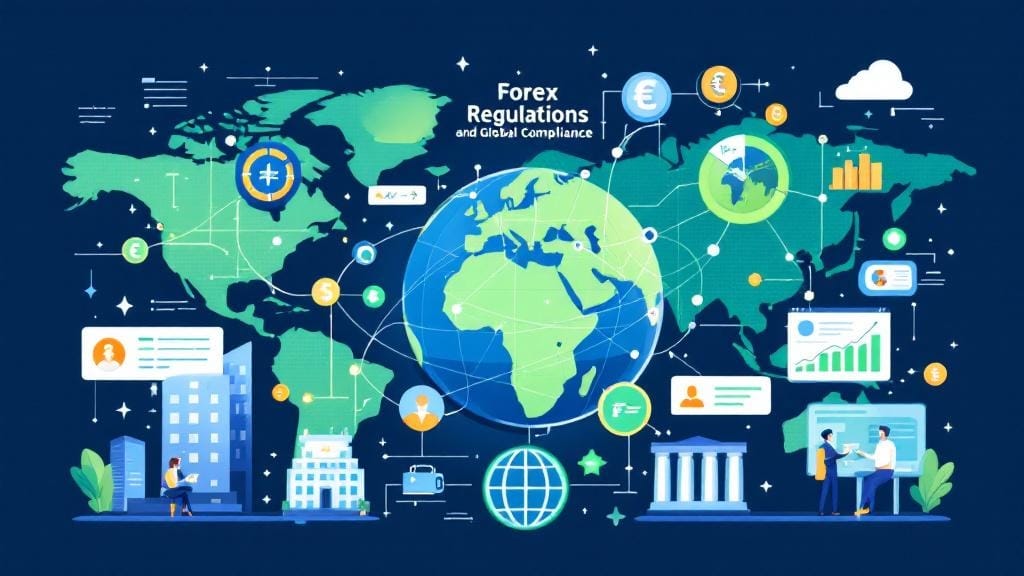If you’re feeling buried under overwhelming debt, you’re not alone—and more importantly, you’re not without options. Debt management services can provide the relief, structure, and professional guidance you need to get your finances back on track. Whether you’re juggling high-interest credit card debt, struggling with monthly bills, or simply looking to build a sustainable budget plan, the right service can be a life-changer.
In this guide, we’ll break down how debt management services work, what to expect, and how to choose the best option for your situation.
✅ What Are Debt Management Services?
Debt management services are professional programs designed to help individuals handle and repay their unsecured debts—like credit card balances, medical bills, or personal loans—through structured plans and negotiation. These services often include:
-
Budget planning
-
Credit counseling
-
Negotiating with creditors
-
Reducing interest rates
-
Combining multiple payments into one
The goal is to provide a monthly payment plan that’s manageable and leads to eventual debt freedom—without the damage of bankruptcy.
🧠 Who Should Consider Debt Management Services?
These services are ideal for individuals who:
-
Have unsecured debts (like credit cards or personal loans)
-
Are facing financial hardship
-
Struggle to keep up with monthly payments
-
Want to avoid bankruptcy
-
Need help communicating or negotiating with creditors
If this sounds like you, enrolling in a debt management plan (DMP) through a non-profit debt management program or a professional debt relief service might be your best next step.
🔍 How Do Debt Management Plans Work?
When you sign up with a debt management plan provider, here’s what typically happens:
1. Credit Counseling and Budget Assessment
A certified counselor reviews your income, expenses, and debts to understand your financial picture. This step includes:
-
Reviewing all monthly bills
-
Creating a customized budget plan
-
Identifying ways to cut unnecessary expenses
2. Debt Consolidation (Without a New Loan)
Unlike traditional debt consolidation, where you take out a new loan, debt management plans consolidate your monthly payments without borrowing more money. You’ll make one monthly payment to the agency, which distributes it to your creditors.
3. Negotiation with Creditors
The agency contacts your creditors to:
-
Reduce interest rates
-
Waive late fees
-
Stop collection calls
-
Create a fixed monthly payment
4. Regular Monthly Payments
You make a single, affordable monthly payment over 3 to 5 years. This steady progress helps improve your credit score over time as debts are paid down reliably.
🏆 Benefits of Debt Management Services
Choosing the right debt management service can make a world of difference. Here’s how:
✅ Lower Interest Rates
Many creditors agree to reduce interest from 20%+ to as low as 7% or even 0%.
✅ One Monthly Payment
Say goodbye to juggling due dates. You make one predictable payment each month.
✅ No Collection Calls
Once enrolled, most creditors stop calling or sending collection notices.
✅ Credit Score Protection
Unlike bankruptcy, DMPs don’t wipe your credit clean. Instead, they help you rebuild it gradually through responsible repayment.
✅ Professional Support
Licensed counselors and accredited debt management agencies guide you every step of the way.
🏛️ Non-Profit vs. For-Profit Debt Management Services
There are two primary types of services:
🔹 Non-Profit Debt Management Programs
-
Offer free or low-cost counseling
-
Focus on education and long-term solutions
-
Often affiliated with credit counseling organizations
-
More trustworthy and client-focused
🔹 For-Profit Debt Relief Companies
-
May charge higher fees
-
May promise fast results but with less transparency
-
Can damage credit if using aggressive tactics like debt settlement
💡 Pro Tip: Always choose accredited debt management agencies—look for certifications from NFCC (National Foundation for Credit Counseling) or FCAA (Financial Counseling Association of America).
📝 Real-Life Example: Sarah’s Debt-Free Journey
Sarah, a 34-year-old teacher from Ohio, had $28,000 in credit card debt across 7 cards. Despite making minimum payments, her balances barely moved. A friend recommended a non-profit debt management program. Within 4 years:
-
Her interest rates dropped from 22% to 6%
-
Her monthly payments were cut by $400
-
She became completely debt-free
Today, Sarah teaches personal finance to her students.
🔄 Debt Consolidation vs. Debt Management: What’s the Difference?
| Feature | Debt Consolidation | Debt Management Plan |
|---|---|---|
| New Loan Required | Yes | No |
| Credit Score Requirement | High | Low to Moderate |
| Goal | Simplify payments, lower rates | Reduce debt through structured plan |
| Impact on Credit | Can be positive or negative | Generally positive long-term |
| Involves Negotiation? | No | Yes (with creditors) |
Both solutions can work, but debt management plans are better for those who don’t qualify for new loans due to poor credit or financial hardship.
🔍 How to Choose the Best Debt Management Companies
When researching providers, ask the following:
-
Are they non-profit and accredited?
-
Do they charge upfront or hidden fees?
-
Are counselors certified?
-
Will they create a customized plan?
-
Do they offer ongoing credit counseling and support?
Top-rated debt management companies include:
-
GreenPath Financial Wellness
-
InCharge Debt Solutions
-
Money Management International (MMI)
-
NFCC-Certified Agencies
💬 FAQs About Debt Management Services
1. Can I include all my debts in a debt management plan?
No. Only unsecured debts—like credit cards, personal loans, and medical bills—are eligible. Secured debts like mortgages or car loans are not included.
2. Will a debt management plan hurt my credit score?
Initially, your credit may dip slightly. But as you make on-time payments and reduce balances, your credit score can improve significantly over time.
3. What happens if I miss a payment?
Missing payments can jeopardize the plan. Communicate with your counselor immediately to adjust your monthly payment plan if needed.
4. How long does it take to become debt-free?
Most debt repayment plans last 3 to 5 years, depending on your debt amount and monthly payment capacity.
5. Is it better to choose debt consolidation instead?
If you qualify for a low-interest consolidation loan and have good credit, it might be worth exploring. Otherwise, a debt management plan may be more accessible and safe.
6. Are debt management services expensive?
Most non-profit debt management services are very affordable. Some offer free consultations and charge a modest monthly fee ($25–$50), often rolled into your payment plan.
7. Can I still use my credit cards while in a DMP?
No. Most creditors require you to close enrolled accounts. This is part of the discipline of committing to your debt-free journey.
💡 Final Thoughts: Take Control of Your Debt Today
Debt management services offer a structured, supportive, and proven way to escape the burden of debt—without the chaos of bankruptcy or risky loans. Whether you’re drowning in credit card balances, stressed from monthly payments, or simply unsure where to start, reaching out to a trusted debt counseling service is a smart first step.
You’re not alone. Thousands of people take the first step toward financial freedom every day—why not you?








Comments (0)